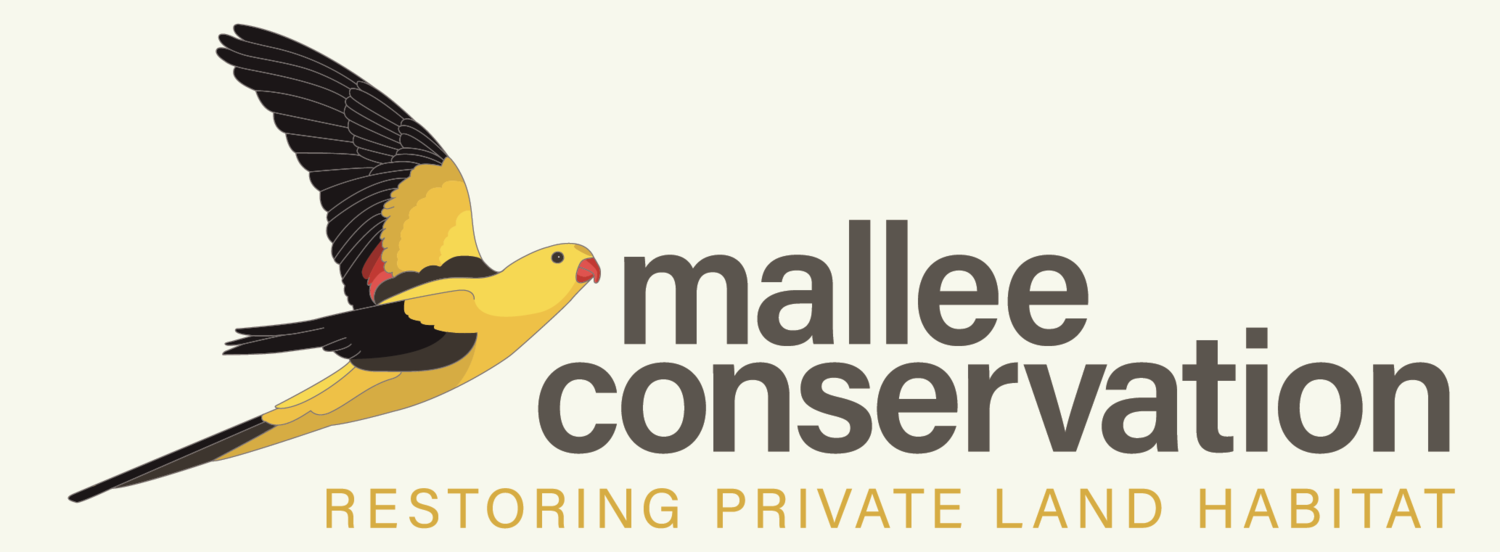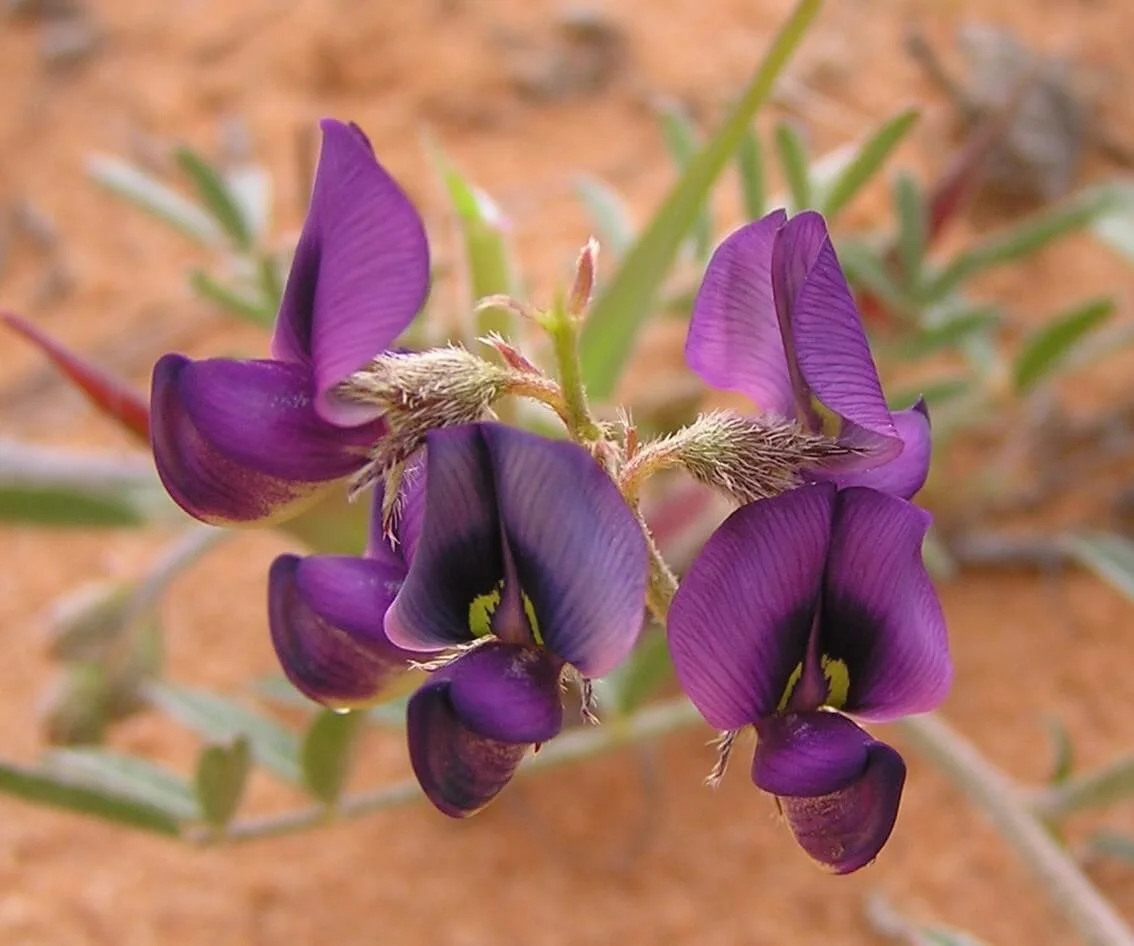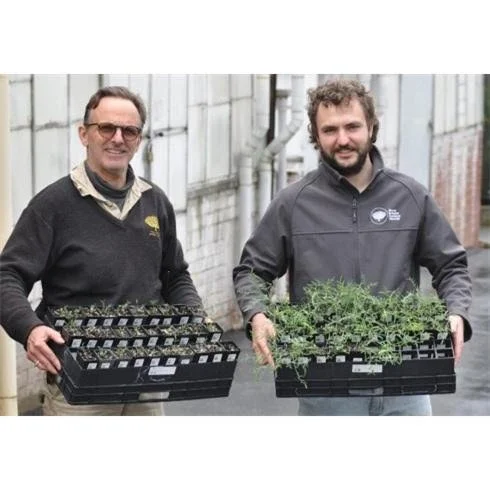Swainson-pea Field Day
We are now FULLY BOOKED but please contact us to join the waitlist.
Botanists from the Royal Botanic Gardens of Victoria will lead a survey of the Silky Swainson-pea (Swainsona sericea) to help learn more about this endangered species, including distribution and ecological preferences. We will help identify Swainsona species and look at other threatened species that co-occur with the Silky Swainson-pea.
When: Thursday 4th of September, 9:30am - 2:30pm
Where: Meet at the Raakajilm conservation property: 2 Wonga Ave, Colignan. (Just type “Mallee Conservation” into Google Maps).
What to Bring: Hat/sunscreen, water bottle, a small back pack and shoes for walking up to 2 km. We will supply equipment for surveys (GPS etc.).
Contact and RSVP: Please get in touch to confirm your attendance, or if you have any further questions about the day: Andre.messina@rbg.vic.gov.au
Learn more about the Swainson-peas on Raakajilm here: https://www.malleeconservation.com.au/blog/the-swainsona-files
Small-leaf Swainson-pea Swainsona microphylla
Silky Swainson-pea Swainsona sericea
Dwarf Swainson-pea Swainsona phacoides
Hairy Darling-pea Swainsona greyana
And at our Swainson-pea day on Thursday 4th September we will learn why the bloke on the right was so successful growing his Swainson-peas.
Spoiler alert: The team from Royal Botanic Gardens of Victoria describe Swainson-peas as "notoriously difficult to grow in cultivation". These clever folk have developed an inoculum from the root nodules of wild plants. When applied in the nursery, the inoculum produces stronger and faster-growing seedlings.
Right: Swainsona reticulata grown with inoculum from root nodules. Left: no inoculum (Thanks to RBGV for supplying the image).
Learn more about RBGV’s Preventing the extinction of Victoria’s threatened flora
This project is supported by the Victorian Government through the Department of Energy, Environment and Climate Action’s Nature Fund.




